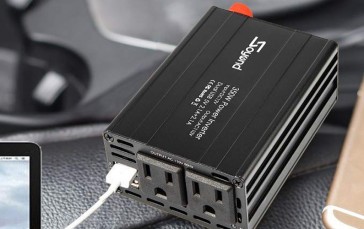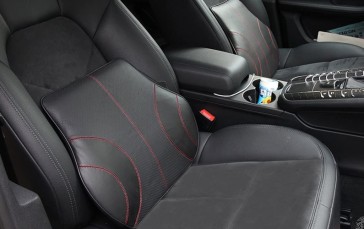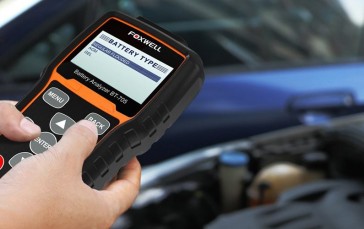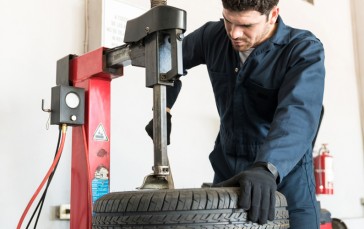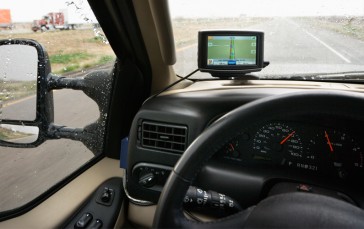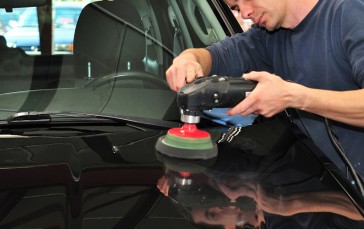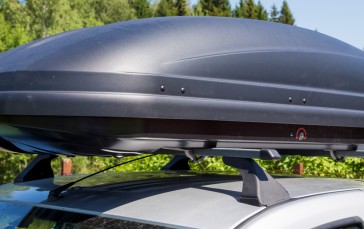The electric vehicle maker Tesla recalls almost 54,000 cars due to a potential safety issue with their Full Self-Driving software that lets vehicles roll past stop signs.
Despite the promising name, the software, which is currently in beta testing on public roads, still does not make the vehicle fully autonomous. According to the company, the driver of the vehicle needs to supervise it at all times.
A Self-Driving Issue
The “rolling stop” feature, which allows the vehicle to avoid coming to a complete halt at stop signs, was introduced in a Full Self-Driving software update on October 20th. According to the National Highway Traffic Safety Administration (NHTSA), this is a potential safety concern as it could increase the chance of collision.
However, the “rolling stop” function can be enabled by the driver only under certain circumstances: when the vehicle is moving at a speed below 5.6 mph (9 km/h) and it is approaching the intersection, and there are no relevant moving motorists and pedestrians.
Although no crashes or injuries caused by the feature have been reported so far, not stopping for a sign may indeed increase the risk of a crash. Furthermore, while other auto companies mostly test similar software with trained human safety drivers, Tesla’s testers receive no special training. This could also be a cause for concern, as there are potential risks for other road traffic participants.
After meeting with officials from the NHTSA to discuss the issue, Tesla’s representatives have agreed to disable the problematic feature via over-the-internet software update.
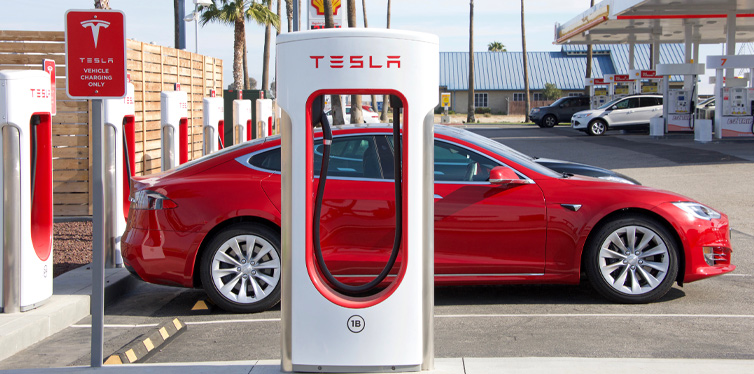
Problem After Problem
This is not the first issue with the software. In November, there has been a complaint about Tesla’s Model Y. The vehicle allegedly went into the wrong lane and caused a crash with another vehicle. There is also an ongoing investigation about Tesla’s partially automated Autopilot driver-assist system allegedly crashing into parked vehicles.
The recall applies to Tesla’s Model S sedans and X SUVs made from 2016 through 2022, Model 3 sedans made from 2017 through 2022, and Model Y SUVs made from 2020 through 2022. The owners of the models in question should get the required notification letters on March 28th.
Learn more at Reuters.com.


